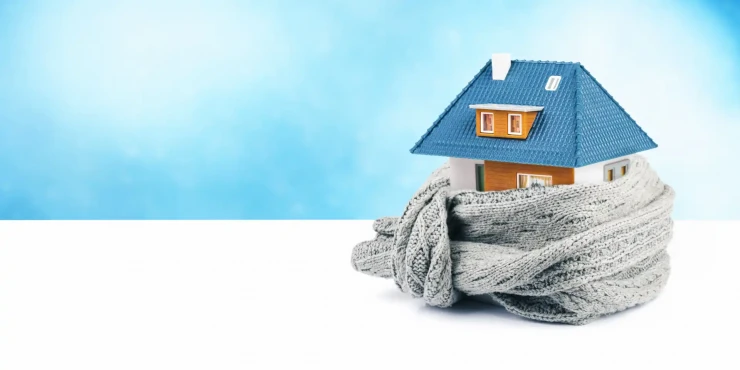According to researchers at Loughborough University, people might have spent thousands of pounds investing in solar panels only to find that they are not facing the right way. The excepted wisdom for a while now has been that panels should face south to collect the most amount of energy.
Professor Ralph Gottshalg has undertaken some studies suggesting that adding east and west facing panels may well be more efficient. There are nearly half a million homes with solar panels on their roofs, producing an average return of £500 a year, contributing to the grid and energy bill savings on a daily basis.
Before you start worrying that you are, in fact, facing the wrong way, it is more a matter of providing an even power supply. In a recent report in The Telegraph Professor Gottshalg stated that “in Germany they are advising people to go east-west so they are smoothing out the supply of power from all these solar panels. We get similar spikes of power too, although it wouldn’t make sense for people to change their solar panels if they have already been installed.”
The issue has arisen following on from a change in policy in Germany where they are moving to west and east facing panels because they are producing too much power at certain times a day with those directed towards the south. It’s backed up by research from America that suggests west facing panels may well produce more energy and at more convenient times – later in the day when it is most needed by the grid.
At the moment the UK produces around 2.8 Giga Watts of power from solar energy as opposed to 20 in Germany but the principle remains the same – how to get the most out of this renewable energy source. The problem for domestic properties that are hoping to benefit from the Feed in Tariff that pays them money for their electricity supply is that south facing panels generally produce the best return on investment. If consumers are forced into providing east and west facing installations, with a reduced return, they may well think twice about investing in solar in the future.
On the brighter side, it means that if your roof faces east west and you have been put off getting panels because it is not directed to the south then there may be government incentives coming your way in the future. Gottshalg has also suggested that there should be subsidies introduced for larger scale solar farms that could be produced to face east-west, perhaps producing less electricity but filling a need to provide an even coverage of production throughout the daylight hours.
According to Forbes recently: “They should be pointed west because, in many cases, the power they produce is more valuable. Utilities and governments should structure their incentives accordingly.”





























